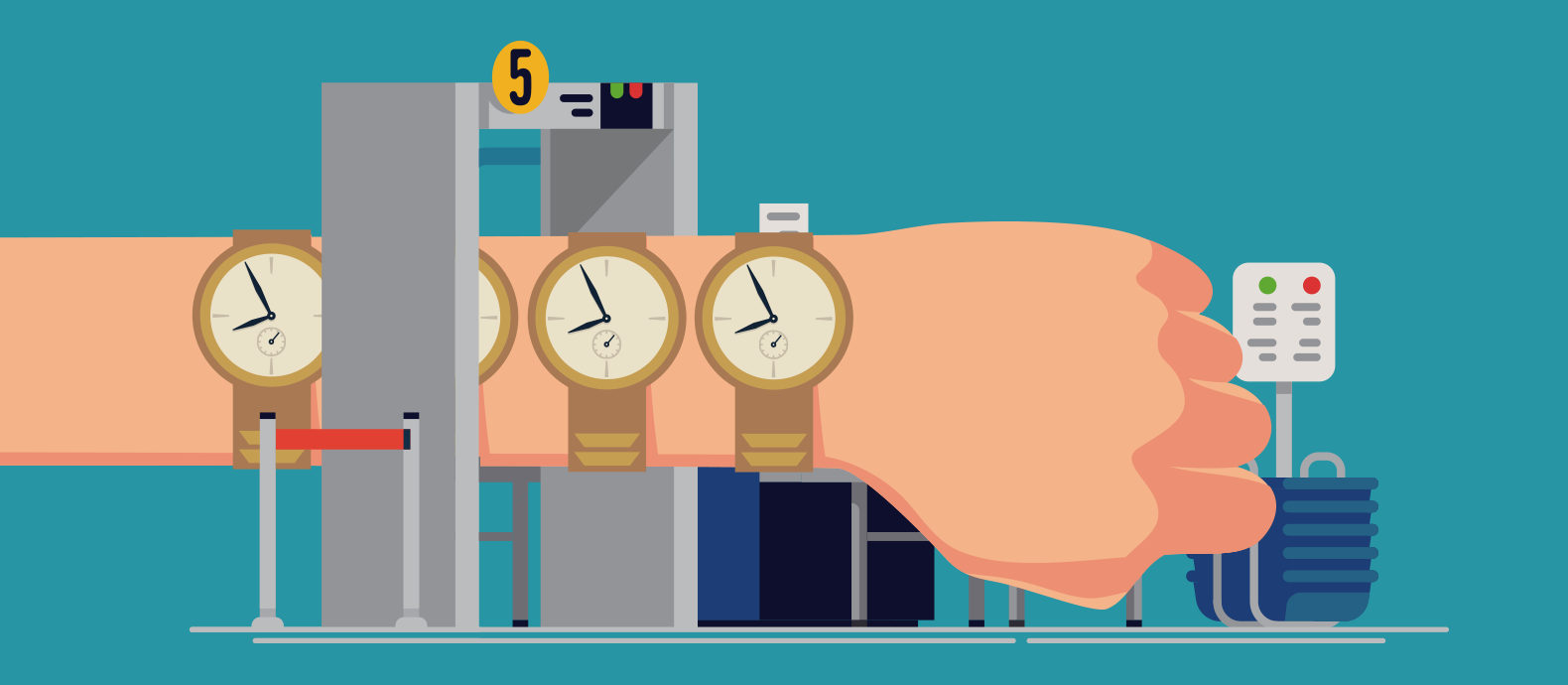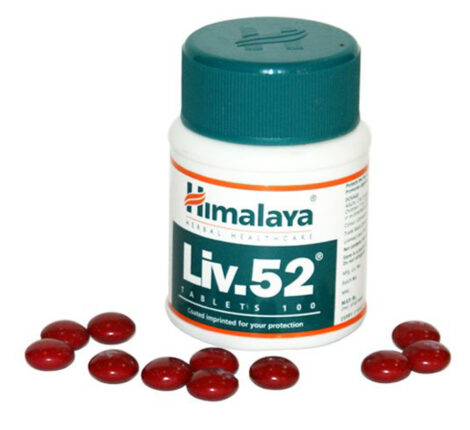Exhaustion Of Rights And Parallel Import
Intellectual property rights are gaining much popularity worldwide on the other hand there are people who are constantly trying to deceive the intellectual property rights of registered owners. So, a sturdy protection is needed for the IP rights for further development in field of innovation and research. IP laws safeguards the exclusive rights of registered proprietor – right to sale, right to use, right to distribute, right to import and export. It provides the registered owner to decide if he wants his work to be sold, rented, advanced, etc.
While we are visiting another country we often get tempted and grab products which might be offered at cheaper rates than offered in our country or some new products which are not available in our country. Such imports might be meant for personal utilization, the very idea of parallel import arise here. Once the patented product is offered in the market by the registered proprietor or any party authorized by the registered proprietor then the rights of the proprietor is exhausted in regard to that product. So, during our visit to foreign country when we buy some patented products from a person who is authorized to sell such products and import such product in our nation- we won’t be held liable for infringement of rights of registered proprietor. This is known as the concept of parallel import.
Parallel import suggests sale of goods without the genuine permission from the registered proprietor of such intellectual property. Parallel import indicates things made and sold genuinely, and then later traded again.
Parallel import does not mean misrepresentation of products rather in the concept of parallel import the goods are very much genuine branded products which are originating in one country and then subsequently sold in another country without approval of registered proprietor of the intellectual property. The goods are indeed original and genuine nevertheless outlawed because it is imported without authorization of the registered IP holder. This type of goods is often regarded as Grey- Products.
Now the question arises whether import of such products is as good as infringement of rights of registered proprietor.
To fathom the legal view point of parallel import it is very crucial to understand the exhaustion doctrine or the first sale doctrine.
DOCTRINE OF EXHAUSTION/ FIRST SALE DOCTRINE
The right of protected IP holder will be held exhausted once the product is lawfully put for sale in market. The meaning of word exhaustion is not provided under the Indian law and not even under TRIPS Agreement of WTO, but we can make through looking at dictionary is that ‘weariness’ i.e. weariness of rights of the IP holder. IP laws bestow the registered owner with a couple of exclusive rights like right to use, sale, distribute, export, import, etc. but when the product is put in market for purpose of selling it the exclusive rights of the registered owner is considered to be exhausted.
In other words, the exclusive rights of the registered owner is exhausted as soon as he put or authorize another person to put the products for sale in the market. The exclusive rights exhausted upon the ‘first sale’.
Once a product has been sold in the domestic market by or with the consent of the owner, which he has originally created, he by then cease to have control over any resulting advantage of the same in the domestic market, as in he can neither evade subsequent shut down of the product nor would he have the option to ensure any advantage rising up out of a subsequent arrangement nor would he have the option to sue for infringement. The rationale behind this standard is that the owner has recently decided to take an advantage arising out of the essential deal
The concept of Parallel import and exhaustion of rights is recognized under Section 107A (b) of the Indian Patents Act, 1970 which states “importation of patented products by any person from a person who is duly authorized under the law to produce and sell or distribute the product”1.
There are different types of exhaustion:
- International Exhaustion: The entire world is one market or one nation and consequently things once sold in any piece of such market or nation acts as exhaustion of exclusive rights of the patent proprietor over such item.
- Regional Exhaustion: This principle is pertinent to goods bearing trademark when these products are bought by someone else in a specific region or market from a registered proprietor of trademark or his approved individual, the exclusive right of the registered proprietor of trademark to resale further such goods is exhausted after such first sale. This is so in light of the fact that the title of the product now lies with the customer and that the title of the registered proprietor of trademark in such products is held exhausted
International exhaustion basically means ‘wear out the exclusive right of patentee to control further disposition of patented product which is legally sold by him in the market or by any other person authorized by him do the same’.
The concept of international exhaustion is very much recognized in India under Section 107 A (b) of The Patents act, 1970.
CASE LAWS:
XEROX CORPORATION VS PUNEET SURI
In this case, the trademark ‘Xerox’ was owned by plaintiff and they claimed that the defendant’s infringing their registered trademark by selling second hand Xerox machine. The defendants are of opinion that their acts were covered under Section 30(3), which recognized the principle of international exhaustion.
The Delhi High Court held that the defendants, engaged in importing second hand xerox machines that have proper documentation’ is permissible under the Trademarks Act and not amounting to infringement of exclusive rights of the plaintiff.
SAMSUNG ELECTRONICS COMPANY LIMITED Vs KAPIL WADHWA
The Delhi High Court held that this case amounted to international exhaustion of rights, wherein the brand Samsung originally from Korea and its subsidiary company in India engaged in manufacturing and production of mobiles and related accessories, filed a case for infringement of trademark against the defendant who was engaged in selling of imported printers in India with the brand name Samsung.
DELL CASE:
In this case, the Court decided in favour of the three importers of India (Ventkron Digital System, Sapphire Micro System and Momentum Technologies) who were importing dell laptops from china to sell in the Indian market. While the laptops were in custom clearance Dell India Pvt. Limited filed a case of infringement against these three importers. The Court was of the opinion that dell laptops were lawfully purchased in China from authorized sellers and further resale of such products in India does not amount to infringement of trademark. The case was decided under principle of international exhaustion of rights.
Philip Morris Products S.A & Anr Vs Sameer & Ors
In this case, an interim injunction was ordered by the court- seizing of the counterfeiting products from the defendant. The plaintiff Philip Morris was registered proprietor of trademark MALBORO a cigarette brand very popular internationally and same was launched and made available in India. Plaintiff filed a case of infringement against defendant who was engaged in selling counterfeit products under plaintiff’s trademark and also selling grey market version products of plaintiff. But the court decided that grey market products under the doctrine of international exhaustion of rights.
CONCLUSION
The concept of parallel import encourages free trade among all the nations worldwide. It can be concluded that if Parallel Imports are discarded, the creators will have their own stand-out business partnerships, inciting item being open at dynamically essential expenses. Besides buyers should take note of that Parallel Imports may guarantee lower assessed things yet they may not get the quality, fulfillment.
The Government should mediate in this issue to keep up a concordance between the interests of the consumers and patent Holders, with the target that nobody is at a higher danger.
Parallel import ought must not be considered as unlawful as once the item is sold by the registered proprietor its exclusive rights in that product wears out as characterized by the doctrine of exhaustion. Once the product is sold purchaser has freedom to resale it and IP holder was no control once sold; it is based on the rationale he cannot derive profit continuously.




